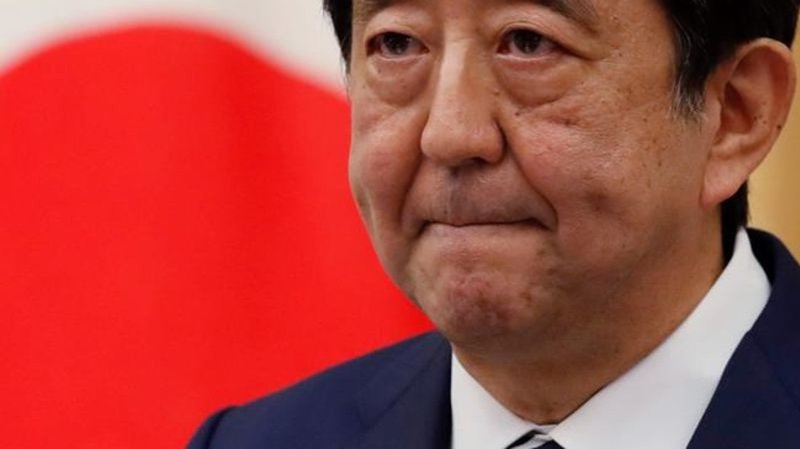
Asia Today: South Korea to require masks on transit, flights
BANGKOK — South Koreans will be required to wear masks when using public transportation and taxis nationwide starting Tuesday as authorities look for more ways to slow the spread of the coronavirus as people increase their public activities.
Health Ministry official Yoon Taeho on Monday said masks will also be required on all domestic and international flights from Wednesday. From June, owners of “high-risk” facilities such as bars, clubs, gyms, karaoke rooms and concert halls will be required to use smartphone QR codes to register customers so they can be tracked down more easily when infections occur.
South Korea was reporting 500 new cases per day in early March before it largely stabilized its outbreak with aggressive tracking and testing. But infections have been rising slightly since early May, with more people going out during warmer weather and eased social distancing guidelines, causing concern in a country that has just started to reopen schools.
“Until treatments and vaccines are developed, we will never know when the COVID-19 crisis could end, and until then we will have to learn how to live with COVID-19,” Yoon said.


